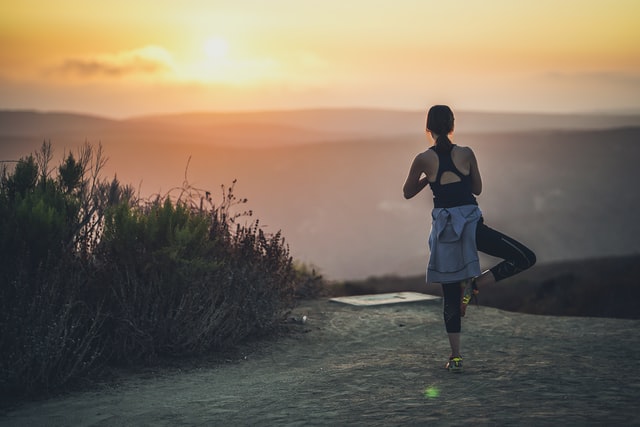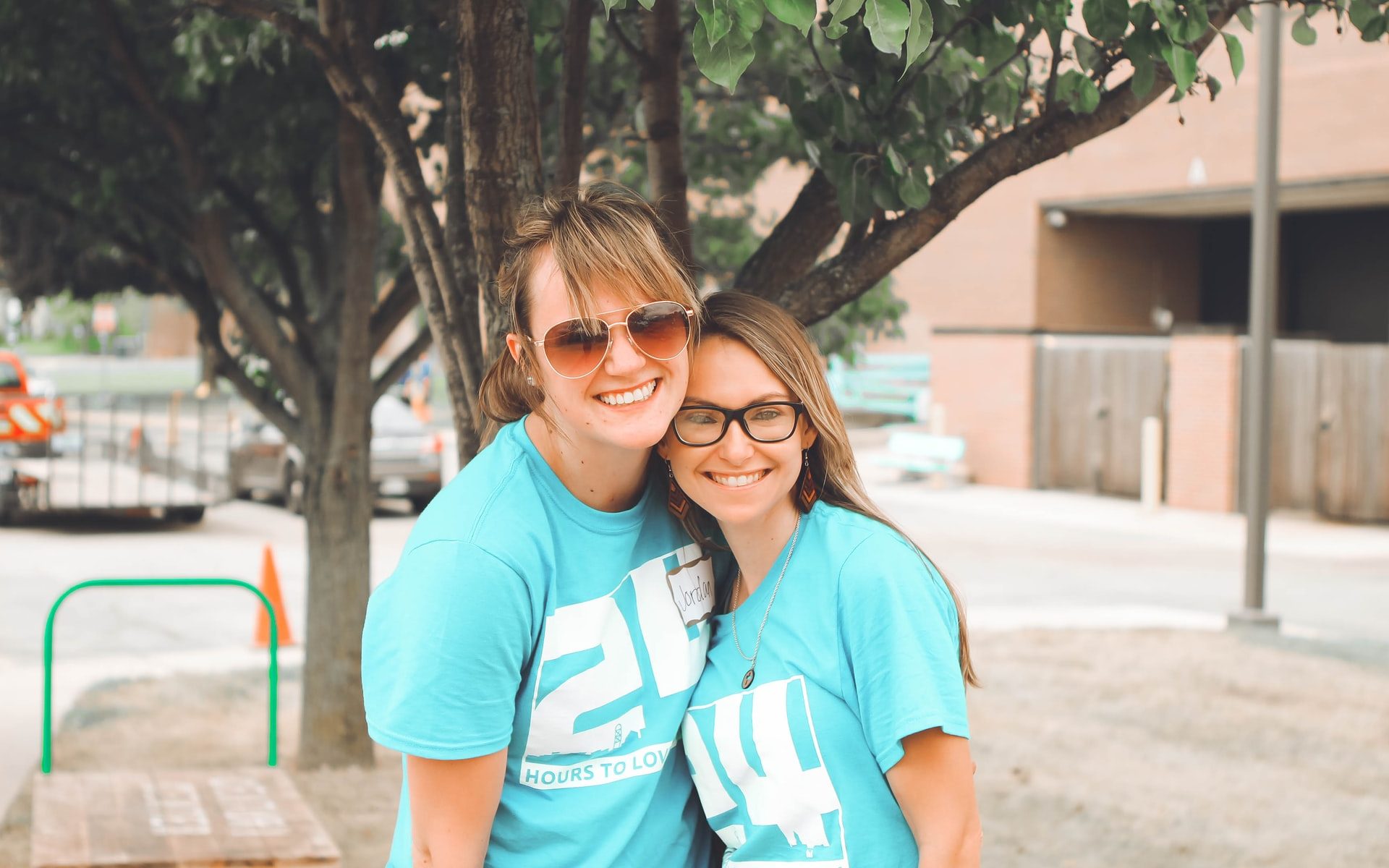Sun exposure can have both positive and negative effects on our health. During the summer when temperatures are higher and the sun is out more often, it’s important to spend some time in the sun, but also not too much time. Before going outside into the sunshine this summer, make sure you know how to determine whether you are getting too much or too little sun exposure.
Positive Effects
Sun exposure can improve your mood, treat seasonal affective disorder (otherwise known as seasonal depression), relieve stress, and improve sleep! On top of these mental health benefits, the sun also provides us with Vitamin D which is involved in maintaining healthy bone strength. Stepping outside into the sunlight for as little as 15 minutes can provide you with all the Vitamin D your body needs.
Negative Effects
Sun exposure can also be too much of a good thing. Prolonged sun exposure can cause heat rash, heat exhaustion, or heat stroke. Heat exhaustion left untreated can lead to heat stroke which is a serious medical condition that can cause permanent disability or death. If you suspect you or someone you know has heat stroke, be sure to call 911 immediately. Also, prolonged sun exposure overtime can cause skin cancer. Be sure you are staying in shady areas and wearing sunblock if you are going outside.
Dr. Edwards, Princeton internist practices at Penn Medicine Princeton Health in the Penn Medicine Princeton Medical Center and also serves as Medical Director of the Bristol-Myers Squibb Community Health Center.






